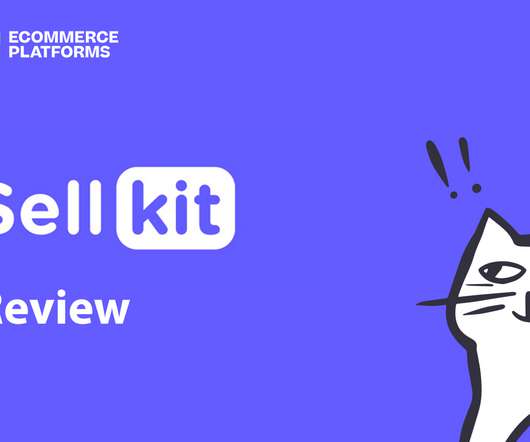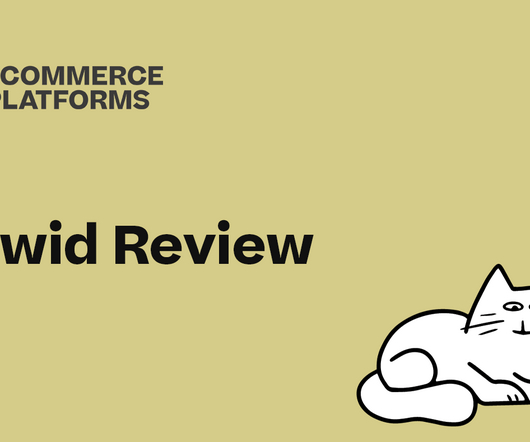Interview with PeakActivity CEO About Composable Commerce
Kibo
FEBRUARY 13, 2023
During this five-part series, they covered composable commerce and how companies leverage this architecture to deliver better customer experiences. While it’s a trendy term in the retail industry, composable commerce has been around for decades. Read a summary of the series or watch each interview below.












Let's personalize your content